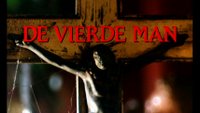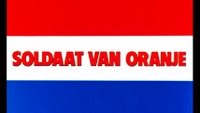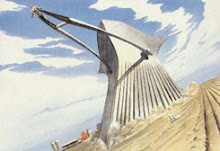Verhoeven (1980-1983)
 1980 - Spetters - In a way, this is nouveau-Soldaat van Oranje, with modern life in Holland replacing WWII. Again, we follow a group of men (and women this time) whose experiences in life (rather than the war) separate them onto wildly different tracks. Standing up to the old man, buying a business instead of hopelessly racing bikes, and stopping whoring yourself out are all ways to grow up in this film. Mature, I suppose, but the bike racing and whoring were much more fun to watch.
1980 - Spetters - In a way, this is nouveau-Soldaat van Oranje, with modern life in Holland replacing WWII. Again, we follow a group of men (and women this time) whose experiences in life (rather than the war) separate them onto wildly different tracks. Standing up to the old man, buying a business instead of hopelessly racing bikes, and stopping whoring yourself out are all ways to grow up in this film. Mature, I suppose, but the bike racing and whoring were much more fun to watch. 1983 - De Vierde Man [The Fourth Man] - A sudden change in Verhoeven's style. Suddenly, he's talking about adults and using loads symbolic imagery. The film was a bit ham-handed with the symbolism; I don't need to be reminded with a flashback that the key Mary carried in the dream is the same as the one on Gerard's keychain. Still, it was fun to put the pieces together. I wish the satisfying open-ended "is he nuts or was it real" ending was used in Verhoeven's future Total Recall.
1983 - De Vierde Man [The Fourth Man] - A sudden change in Verhoeven's style. Suddenly, he's talking about adults and using loads symbolic imagery. The film was a bit ham-handed with the symbolism; I don't need to be reminded with a flashback that the key Mary carried in the dream is the same as the one on Gerard's keychain. Still, it was fun to put the pieces together. I wish the satisfying open-ended "is he nuts or was it real" ending was used in Verhoeven's future Total Recall.
(comment in the main post)







